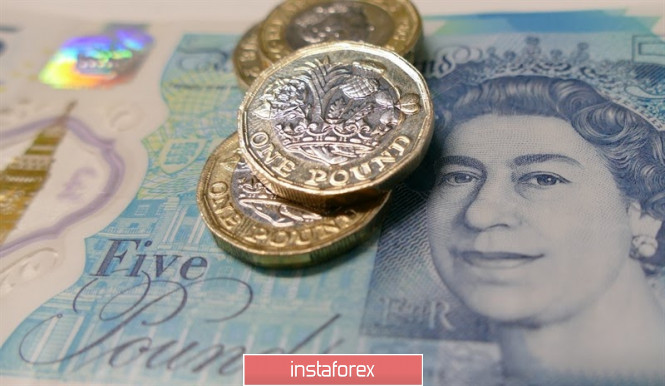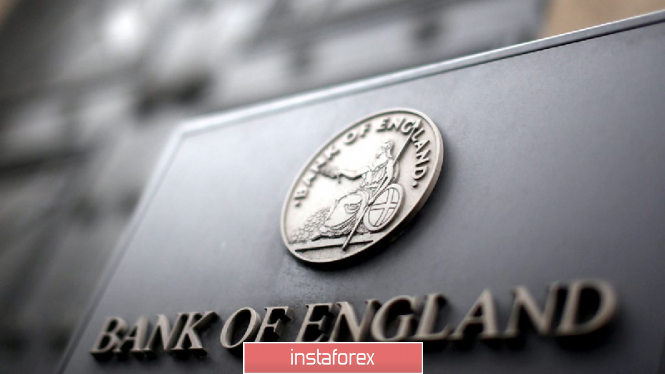
The GBP/USD pair sank below 1.30, reaching its lowest level since late December. The fall of the pound followed the disappointing economic data for the United Kingdom and the comments of representatives of the Bank of England, indicating the regulator's readiness to lower interest rates.
It seems that the example of the Federal Reserve, which resorted to three cuts in the interest rate for preventive purposes, was contagious. Any central bank has a choice: either wait for the recession to occur, the arsenal of tools to combat which may be limited (as is the case with BoE), or act ahead of time to prevent a recession. Judging by the latest comments, more and more representatives of the Bank of England Monetary Policy Committee are leaning toward the second option. BoE Governor Mark Carney argues that easing monetary policy is virtually on the table, with MPC members Gertjan Vlieghe and Silvana Tenreyro associating monetary expansion with a weak British economy. Is it any wonder then that after these statements in just a week, the chances of lowering the BoE interest rate in January increased from 5% to 52%, and in May - from 30% to 85%.

Recall that at the last meeting of the BoE, they decided to maintain the interest rate at 0.75% with seven votes to two. If three more votes are added to these two votes, then we can expect changes in BoE's monetary policy in January. In addition, macrostatistics in the UK recently have not been pleasing to the eye. In November, national GDP fell by 0.3% in monthly terms. In order to grow by the end of the quarter, the economy needs to accelerate by 0.2% in December.
It should be noted that the pound's fall might not have been so swift if it were not for the excessive optimism of speculators. By the end of the week, by January 7, they had increased their net bullish rates on GBP/USD to the highest level in a year and a half. However, the opposite process began - long positions began to actively close, which caused the British currency to fall below $1.3.
If London and Brussels succeed in resolving relations until January 31, and the BoE refrains from lowering rates in January, then the holiday will very soon return to GBP/USD.
"Investors must take advantage of any further depreciation of the pound to buy it, because concerns about weak economic data in the UK look excessive," BMO Capital Markets said.
"Economic data for the UK is already old news, and even a potential interest rate cut by the BoE means that the pound's recovery at any increased budget spending will be even greater," said BMO strategist Stephen Gallo.
The material has been provided by InstaForex Company - www.instaforex.com